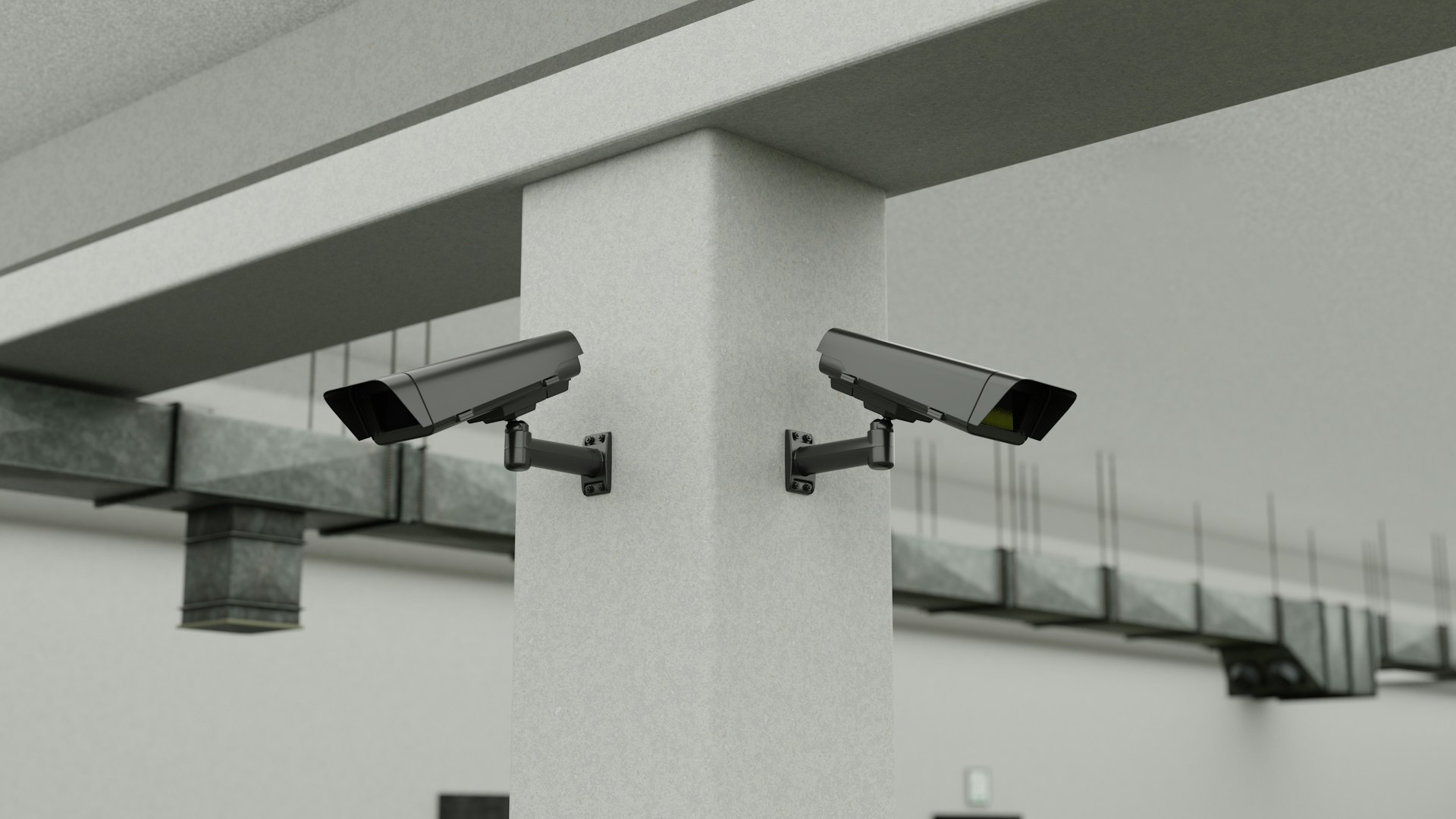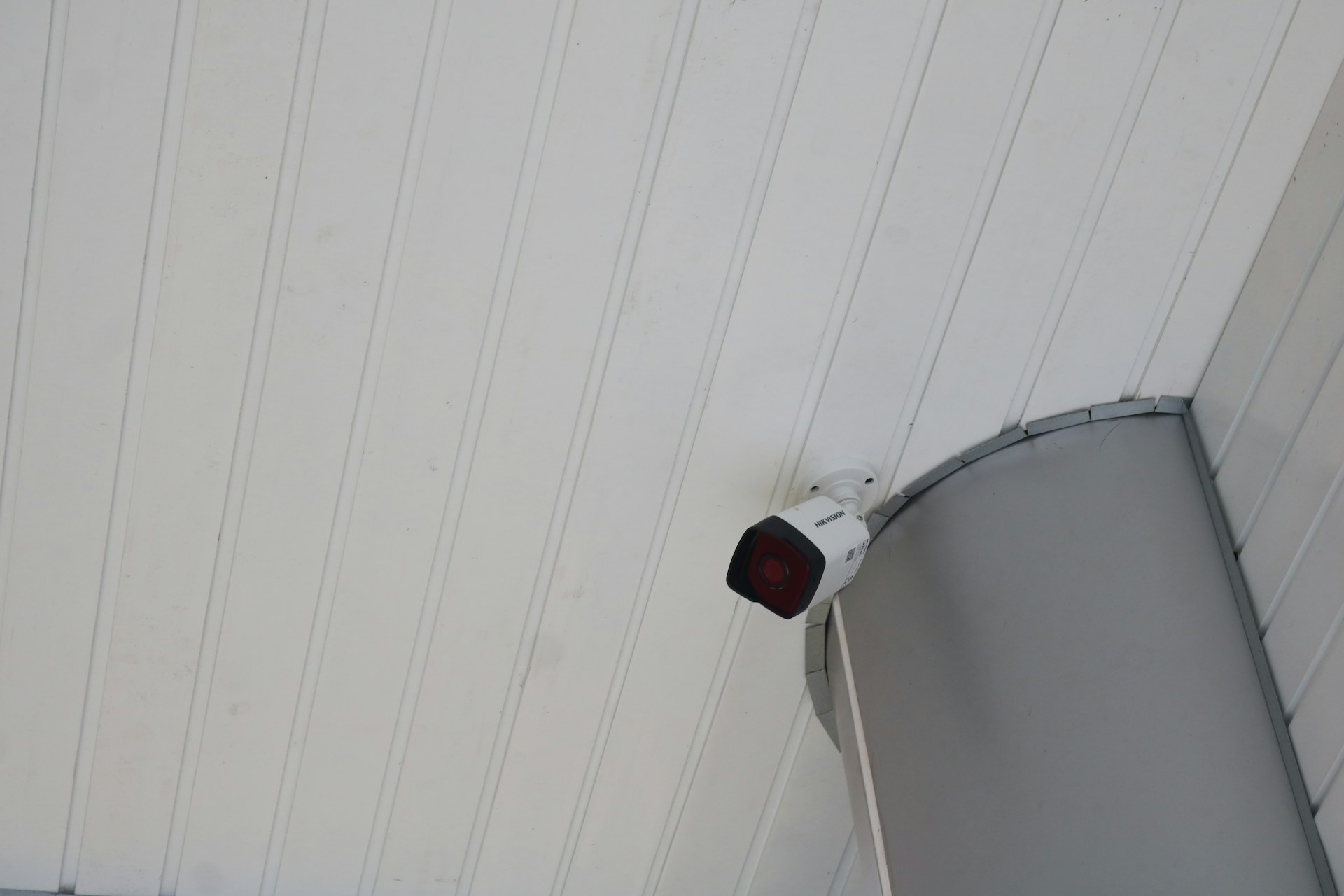In the heart of Houston, ensuring the safety of your commercial property involves more than just basic fire prevention measures. You need a robust commercial smoke detection system tailored to meet both the unique challenges of your environment and strict local regulations. Implementing a reliable smoke detection system not only protects your assets but also provides peace of mind for you and your employees.
Navigating the various options for smoke detection can be overwhelming, but understanding the offerings in the Houston area can simplify the decision-making process. Local providers specialize in high-quality systems designed for commercial settings, offering installation, maintenance, and monitoring services that meet the needs of your specific industry. These systems are crucial for minimizing risk and ensuring compliance with safety standards.
As a business owner, prioritizing advanced smoke detection technology can enhance your overall safety strategy. Investing in these systems is not just a regulatory requirement; it's a proactive measure that demonstrates your commitment to a secure workplace for everyone involved.
Overview of Commercial Smoke Detection Systems in Houston
Commercial smoke detection systems are essential for protecting businesses in Houston from fire risks. These systems vary in design and functionality but serve a common purpose: to identify smoke as early as possible to trigger alarms and necessary emergency responses.
What Defines a Commercial Smoke Detection System
A commercial smoke detection system typically integrates various components, such as smoke detectors, control panels, and alarm devices. Smoke detectors can include ionization, photoelectric, and combination detectors, each designed for specific environments. Additionally, these systems often connect to fire alarm control panels that monitor alerts and coordinate responses.
In Houston, advanced options like aspirating smoke detectors are gaining popularity. These systems actively sample air and can detect smoke particles before a visible fire occurs. This early detection is crucial for minimizing damage and protecting lives.
Importance for Houston Businesses
For businesses operating in the Houston area, effective smoke detection systems are vital for ensuring safety and preventing catastrophic loss. The rapid growth of Houston means that commercial spaces often overlap with residential areas, increasing the stakes of fire prevention.
Proper smoke detection directly impacts your insurance rates and liability in case of a fire incident. Moreover, stakeholders—including employees, clients, and local authorities—expect that your facility is adequately equipped to handle emergencies. Systems that reduce the chances of false alarms can also foster trust in your safety protocols.
Regulatory Compliance and Local Codes
In Houston, commercial smoke detection systems must adhere to strict regulations and local fire codes. The National Fire Protection Association (NFPA) provides guidelines that local jurisdictions often follow. Compliance not only ensures safety but also protects you from potential fines and lawsuits.
Houston codes specifically address the types and placement of smoke detectors in commercial properties. Requirements may include the installation of alarms in specific areas and regular maintenance checks. Familiarizing yourself with these codes can help ensure that your business remains compliant while prioritizing safety.
Types of Commercial Smoke Detection Systems
Understanding the various types of commercial smoke detection systems is essential for effective fire safety in your facility. Each system serves different needs based on the environment and the specific risks present.
Conventional Smoke Detection
Conventional smoke detectors are commonly used in many commercial settings. These systems consist of multiple smoke detectors wired to a single control panel.
When one detector is activated, the panel indicates which zone is experiencing smoke.
This makes it easier to identify potential areas of danger.
Conventional systems are often more affordable but may lack the advanced features of newer technologies.
Addressable and Intelligent Systems
Addressable smoke detection systems offer enhanced capabilities over conventional options. Each detector has a unique address, allowing you to pinpoint the exact location of smoke detection quickly.
These systems integrate with other fire safety measures to facilitate effective response strategies.
Intelligent systems can analyze data from multiple sensors to determine the nature of a fire, reducing false alarms. This adds an additional layer of reliability, making them suitable for larger facilities in Houston.
Advanced Detection Technologies
Advanced smoke detection technologies include aspirating smoke detection systems (ASD) and video smoke detection. ASD works by continuously drawing air through a network of pipes to detect smoke at a very early stage.
This is particularly useful in areas where traditional systems may fail. Video smoke detection uses camera technology to identify smoke in real-time, providing immediate alerts.
Both of these systems are designed to operate in challenging environments, ensuring the highest level of safety.
By considering these options, you can determine the best fit for your specific commercial space.
System Design and Installation Process in Houston
The design and installation of commercial smoke detection systems in Houston involves a thorough approach to ensure compliance with local regulations and effective operation. Key factors include a detailed site assessment, careful integration with existing safety systems, and reliance on professional installers to execute the plan effectively.
Site Assessment and Planning
The first step in the process is conducting a comprehensive site assessment. This includes evaluating the layout of your facility, identifying high-risk areas, and understanding the unique needs of your business.
You will need to consider the following:
- Building Size: Larger spaces may require multiple detectors to ensure coverage.
- Occupants: Consider the number of people regularly in the building to determine system requirements.
- Local Codes: Ensuring that your system aligns with Houston building codes and NFPA standards is crucial.
Based on this assessment, a detailed plan is formulated outlining the type and placement of smoke detectors. This level of planning helps maximize the effectiveness of the system and ensures early detection in case of fire.
Integration With Fire Alarm and Safety Systems
Your smoke detection system should seamlessly integrate with existing fire alarm and safety systems. Integration is key to a quicker response during emergencies.
Consider these points:
- Alarm Systems: Ensure compatibility with existing alarm systems for synchronized response.
- Monitoring Systems: Link detectors to monitoring services that can alert emergency services promptly.
- Supplementary Systems: Evaluate if additional systems like sprinkler or gas detection are needed for more comprehensive safety.
Successful integration can enhance your facility’s overall safety profile and ensure compliance with fire safety regulations.
Professional Installation Considerations
Engaging professionals for installation is essential in Houston. Experienced technicians will ensure that smoke detectors are installed correctly and function reliably.
Factors to consider include:
- Certification: Ensure installers are certified and knowledgeable about local fire codes.
- Testing Procedures: A rigorous testing process should follow installation to confirm that all components operate effectively.
- Maintenance Plans: Discuss ongoing maintenance options to ensure systems remain fully operational.
Choosing a reputable company with experience in commercial installations will give you confidence in the effectiveness of your smoke detection system, enhancing safety for all occupants.
Maintenance and Inspection of Smoke Detection Systems
Proper maintenance and inspection of smoke detection systems are critical for ensuring safety in commercial spaces. Regular protocols, compliance with local fire codes, and proactive emergency servicing are vital components of an effective fire safety strategy.
Routine Maintenance Protocols
To keep your smoke detection systems functioning correctly, establish a routine maintenance schedule. Inspect smoke detectors at least monthly for any visible damage or obstructions. This includes checking for dust accumulation, which can impair functionality.
Additionally, replace batteries annually or as needed. Many systems have a low-battery warning, but preemptive replacements can avoid malfunctions. Conduct a full system test every six months to ensure all detectors activate and communicate effectively.
Document all maintenance and inspections in a log for accountability and reference. This record can be invaluable during compliance checks or inspections.
Compliance With Houston Fire Codes
Adhering to Houston fire codes is essential for commercial properties. The city mandates specific standards for smoke detection systems, including placement, type, and maintenance procedures.
Ensure your smoke detectors are installed in accordance with the National Fire Protection Association (NFPA) guidelines, as well as local ordinances. Using certified and approved equipment is a necessity when installing or upgrading systems.
Regularly review any updates to fire codes to remain compliant. These regulations may change over time, so staying informed can save you from potential fines or safety hazards.
Emergency Servicing and System Testing
In the event of an emergency, your smoke detection system should function flawlessly. Schedule professional inspections annually to assess the system's performance and identify any weaknesses.
During these service visits, technicians can conduct comprehensive tests. This includes verifying alarm signals, checking wiring, and ensuring all components meet the required standards.
If your system fails during testing or alarms are not triggered during emergencies, immediate remediation is essential. Engage qualified professionals who specialize in fire protection services in Houston for any necessary repairs or upgrades. Regular servicing helps ensure safety for your employees and property.
Choosing the Right Smoke Detection Provider in Houston
Selecting a smoke detection provider in Houston requires careful consideration of their experience and customer support. These factors can significantly impact the safety of your commercial property and ensure swift action in emergencies.
Evaluating Experience and Certifications
When choosing a smoke detection provider, look for a company with extensive experience in the Houston area. Experienced providers are familiar with local building codes and safety regulations. This knowledge helps ensure compliance and reliability.
Check for certifications from reputable organizations, such as the National Fire Protection Association (NFPA) and Underwriters Laboratories (UL). These certifications indicate that the provider adheres to industry standards and has the necessary skills.
Ask for client testimonials or case studies from similar commercial properties. This information provides insight into their performance and reliability. A proven track record can build your confidence in their services.
Customer Support and Response Times
Effective customer support is essential for any smoke detection provider. Ensure that the company offers responsive service and can address your concerns promptly.
Inquire about their emergency response times, especially in case of system failures or alarms. A provider that can offer rapid assistance can significantly reduce risks during emergencies.
Consider their availability for routine maintenance and inspections. Reliable providers will schedule these services proactively to ensure your system functions without interruptions. This ongoing support can be crucial for maintaining the safety of your property.
Frequently Asked Questions
Understanding the specifics of commercial smoke detection systems is essential for compliance and safety. Here are common questions that businesses in Houston often ask regarding installation, maintenance, and local regulations.
What are the installation requirements for commercial smoke detection systems in Houston?
In Houston, installation of commercial smoke detection systems must adhere to local fire codes. These installations typically require a comprehensive assessment of the property to ensure adequate coverage and proper placement of smoke detectors. Professional installation by certified technicians is essential to meet compliance standards.
How does regular maintenance of commercial fire alarm systems impact safety?
Regular maintenance of fire alarm systems is critical for ensuring optimal operation during emergencies. Routine inspections help identify potential issues before they lead to system failures. You are required to follow the maintenance guidelines provided by the manufacturer and local regulations to keep your systems functional.
Which companies provide certified fire protection services in Houston?
Several certified companies specialize in fire protection services within the Houston area. These providers offer comprehensive solutions, including installation, maintenance, and inspections of smoke detection systems. It is advisable to select a company with a solid reputation and proven experience in commercial fire safety.
What is the process for updating an outdated commercial smoke alarm system?
Updating an outdated smoke alarm system typically requires an evaluation of current technologies and compliance with current fire codes. You should consult with a certified fire protection service to assess the existing system. The process may involve removing old detectors, upgrading wiring, and installing modern devices that enhance safety.
Are there specialized commercial smoke detector systems for Houston industries with higher fire risks?
Certain industries in Houston, such as manufacturing or food services, may require specialized smoke detection systems designed for higher fire risks. These systems are tailored to meet specific industry needs and often include advanced features like heat detectors or early warning technologies. Selecting the right type is crucial for adequate fire protection.
How do local fire codes in Houston influence the choice of smoke detection systems for businesses?
Local fire codes in Houston are stringent and dictate the necessary standards for smoke detection systems. Compliance with these codes is mandatory and influences your choice of equipment, placement of detectors, and overall system design. Understanding these regulations is vital for ensuring the safety of your business and meeting legal requirements.
.svg)



.svg)


.svg)



